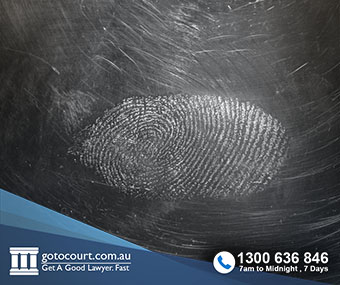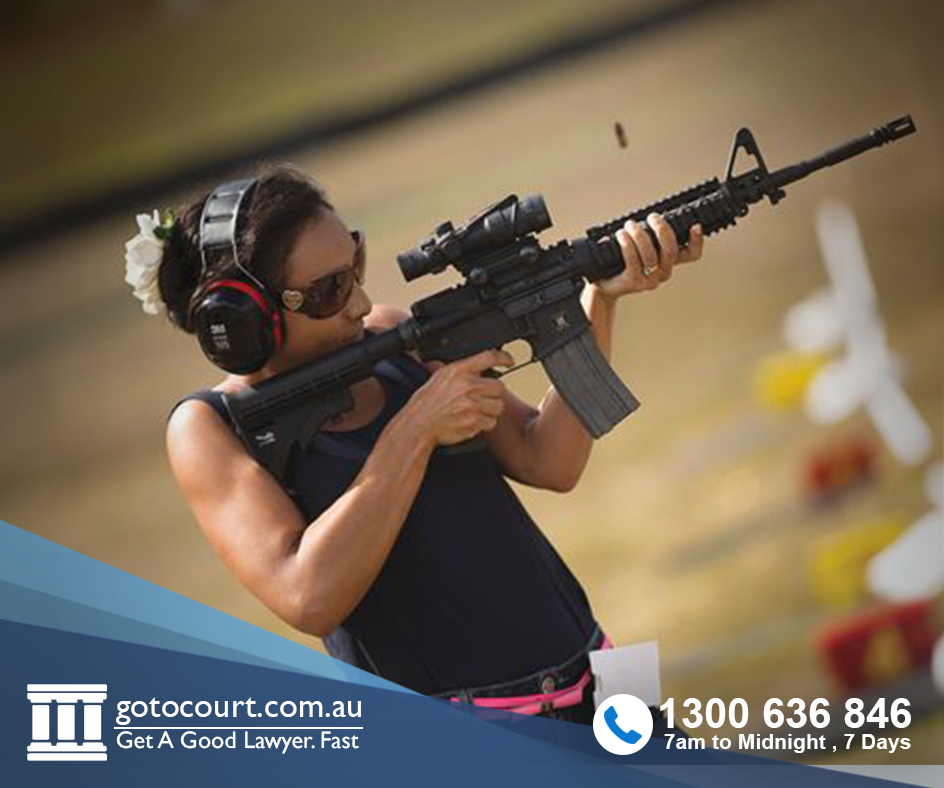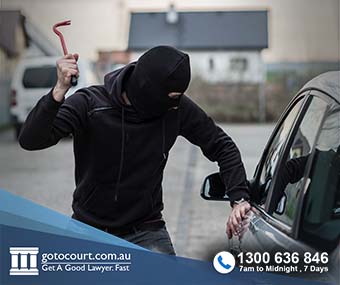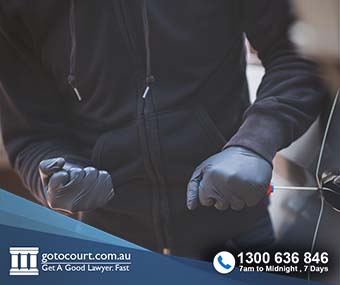Call our lawyers
now
or,
have our lawyers
call you
Where is Smoking Prohibited in Queensland?
Updated on Nov 08, 2022 • 4 min read • 487 views • Copy Link
Where is Smoking Prohibited in Queensland?
Smoking laws aim to discourage people from smoking or taking up the habit in the first instance. The Queensland Government has introduced strict laws to regulate the marketing and sale of tobacco products, and smoking in public spaces. Smoking laws were also strengthened in recent years to recognise the dangers of passive smoking to the general public.
Sale of smoking products
In Queensland, there are tough restrictions on the promotion, advertising, display and supply of smoking products. These laws apply to all tobacco products, loose smoking blends, herbal cigarettes and personal vaporisers (such as e-cigarettes or vape pens).
Under the Tobacco and Other Smoking Act 1998 and the Tobacco and Other Smoking Products Regulation 2021:
- A person must be at least 18 years of age to purchase smoking products;
- There can only be one point of sale for smoking products at a retail store;
- The point of sale or tobacco vending machines must display mandatory signage;
- Temporary retail outlets cannot sell smoking products;
- Requirements for the display and storage of smoking products at retail stores;
- Any employee selling smoking products must undergo mandatory training;
- No advertisement of competitions, entitlements or giveaways for smoking products; and
- Only casino, bar and gaming machine areas can operate tobacco vending machines.
Smoking in public places
Queensland law prohibits smoking in enclosed common areas that are accessible to other residents or workers. As such, smoking was completely prohibited in government buildings, at healthcare and residential aged care facilities, education facilities, and anywhere that people eat or drink, such as restaurants, cafes, clubs, and pubs. More recently, Queensland has recognised that smoke drift outdoors poses a significant health risk to the public. As a result, Queensland law prohibits smoking in a variety of outdoor public spaces. There is now a full prohibition on smoking at public transport waiting areas (such as taxi ranks, bus stops and ferry terminals), in outdoor pedestrian malls, between the flags at patrolled beaches, at public swimming facilities and prescribed swimming areas, and at major sporting facilities (except in designated smoking areas). Local governments such as councils can also extend smoking bans to prohibit smoking in other outdoor public spaces.
The prohibitions in Queensland also focus on areas around prohibited zones, with a particular focus on entrances, exits and thoroughfares. For instance, there is no smokingwithin five metres of non-residential building entrances, or within ten metres of public facilities at national parks, outdoor playgrounds and children’s sporting events. Smoking is also prohibited within five metres of public and private schools, childhood education centres and care facilities such as kindergartens and daycare providers. Similarly, there is no smoking within five metres of a public or private hospital, healthcare centre or residential aged care facility.
Smoking at home
While legislation in Queensland prohibits smoking in many public spaces, there is no prohibition against smoking in private homes. However, it is not discriminatory to ban smoking in a residential tenancy. This means that a landlord can insert a term in their residential tenancy agreement to stipulate that there is no smoking on a property.
Although smoking in a private home is lawful, exposing other residents to smoke drift may violate their right to quiet enjoyment of the premises. Complaints of smoke drift are particularly common in unit blocks and apartment buildings. Smoking is allowed at the entrance to multi-unit residential accommodation, unless the entrance is through a shop or office (where there is an exclusion area of four metres) or the building has children’s play equipment that is open to the public (where there is an exclusion area of 10 metres).
Body corporate by-laws
Smoking in a multi-unit dwelling can also be regulated by body corporate by-laws, but these by-laws must be consistent with the Body Corporate and Community Management Act 1997. A by-law can regulate but cannot prohibit an activity, so a by-law cannot eliminate smoking completely in multi-unit accommodation. For instance, a body corporate can pass a smoking nuisance by-law that accords with the general nuisance provisions of the Body Corporate and Community Management Act. This by-law would therefore stop a resident from causing a hazard or nuisance that interferes with another’s enjoyment of the property. A body corporate by-law cannot impose stricter restrictions on residents than exist under state law; Otherwise it would be seen as unreasonable and oppressive.
Other legislation
Tobacco smoke is not considered a public health risk under the Public Health Act 2005 (QLD). Smoking is not an environmental nuisance offence because the Environmental Protection Act 1994 (QLD) excludes nuisances that are regulated by other laws (such as smoking through the Tobacco and Other Smoking Products Act).
The team at Go To Court Lawyers can provide advice regarding the regulation of smoking in Queensland. Please contact our team today on 1300 636 846.


Affordable Lawyers
Our Go To Court Lawyers will assist you in all areas of law. We specialise in providing legal advice urgently – at the time when you need it most. If you need a lawyer right now, today, we can help you – no matter where you are in Australia.How It Works








1. You speak directly to a lawyer
When you call the Go To Court Legal Hotline, you will be connected directly to a lawyer, every time.


2. Get your legal situation assessed
We determine the best way forward in your legal matter, free of charge. If you want to go ahead and book a face-to-face appointment, we will connect you with a specialist in your local area.


3. We arrange everything as needed
If you want to go ahead and book a fact-to-face appointment, we will connect you with a specialist in your local area no matter where you are and even at very short notice.




















